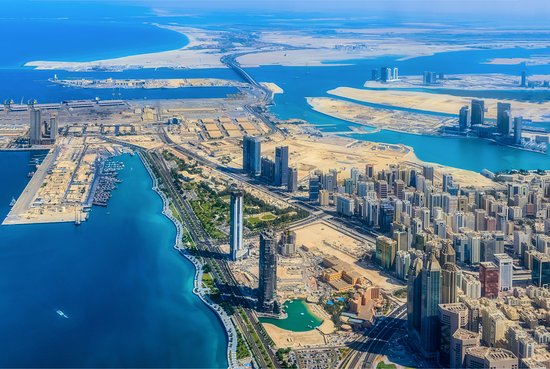Exploring Abu Dhabi: The Heart of the UAE

Introduction
Abu Dhabi, the capital of the United Arab Emirates, stands as a significant economic and cultural powerhouse in the region and the world. With its rapid development and luxurious lifestyle, it has become a major player in global affairs, attracting tourists, investors, and expatriates alike. Understanding Abu Dhabi’s importance is crucial as it reflects the broader trends impacting the Middle East and the future of global cities in a post-pandemic era.
Economic and Cultural Significance
Abu Dhabi is not only the largest emirate within the UAE but also houses its governmental institutions and the majority of its oil reserves. According to the Abu Dhabi Department of Economic Development, the emirate contributes over 60% of the UAE’s GDP, which is primarily driven by the oil and gas sector. However, the government is keen on diversifying the economy through initiatives such as the Abu Dhabi Economic Vision 2030, which aims to foster sectors like tourism, education, and renewable energy.
Tourism, in particular, is a rapidly growing industry for Abu Dhabi. Attractions like the Louvre Abu Dhabi, Ferrari World, and Yas Island provide cultural depth and entertainment options. In 2022, Abu Dhabi saw a remarkable increase in visitors, with about 3 million tourists flocking to the city, a number projected to rise even further as global travel restrictions ease.
Recent Developments
In recent events, Abu Dhabi has made significant strides in showcasing its commitment to sustainability. The emirate hosted the UAE Climate Change Conference (COP28) in December 2023, becoming a focal point for global discussions on climate action. This event not only highlighted Abu Dhabi’s dedication to environmental issues but also strengthened its position as a leader in renewable energy, evidenced by projects like the Mohammed bin Rashid Al Maktoum Solar Park.
Conclusion
As Abu Dhabi continues to evolve, its blend of modernity, tradition, and ambition positions it as a critical player on the international stage. The future appears bright for the capital of the UAE, as it aims to enhance its cultural landscape, diversify its economy, and pursue sustainability. For readers, understanding the changes and developments in Abu Dhabi can provide insights into the future of global cities and the Middle Eastern region’s contributions to the global economy.







